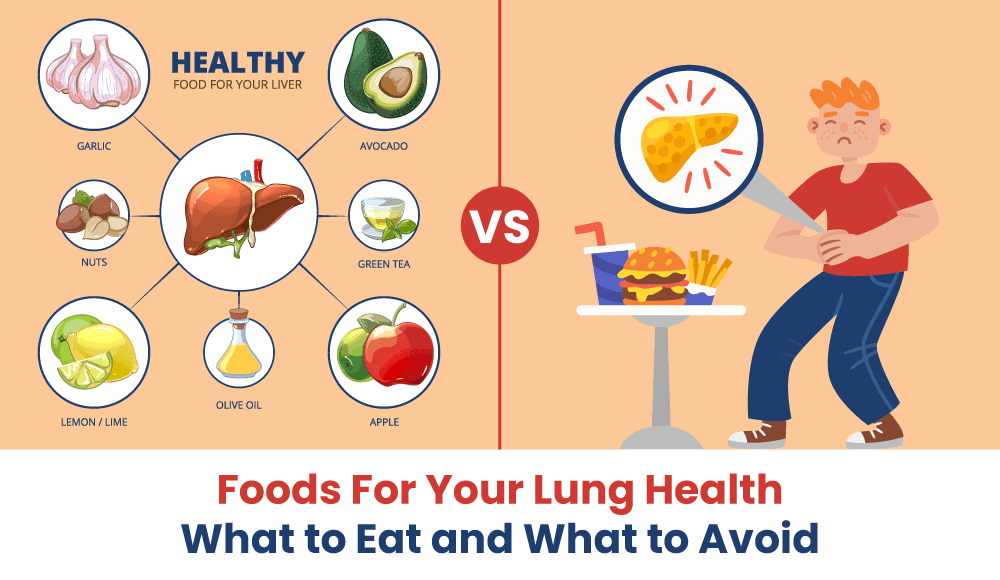
Maintaining good lung health is essential for overall well-being, as our lungs play a crucial role in delivering oxygen to the body and removing carbon dioxide. However, certain dietary habits can increase the risk of lung diseases such as chronic obstructive pulmonary disease (COPD), asthma, and lung cancer. On the other hand, consuming a balanced and nutritious diet can improve lung function and decrease the likelihood of developing lung-related illnesses.
This health guide aims to highlight the best foods for lung health that are beneficial for lung health, such as fruits, vegetables, and lean proteins, and to provide information on which foods to limit or avoid, such as processed and fried foods. Additionally, we will discuss the impact of hydration on lung health and offer practical tips for incorporating lung-healthy foods into your daily diet. By making informed dietary choices, you can promote respiratory health and enhance your overall quality of life.
Are you seeking a consultation regarding the impact of various foods on your lung health?
How Does Your Food Affect Your Lungs?
To support your lung health, you need to incorporate a specific set of food and supplements for lung health into your diet. Consuming a well-balanced diet is essential for maintaining both physical and mental well-being.
The process by which food is transformed into energy within the body is known as metabolism. Oxygen is a critical component of this process as it assists in the breakdown of the nutritional molecules of food. The breakdown of carbohydrates, fibres, fats, and proteins produces energy, while carbon dioxide is exhaled as a waste product. The amount of carbon dioxide produced and the oxygen required varies depending on the type of nutrient. For instance, carbohydrates require more oxygen and produce more carbon dioxide than lipids.
It is therefore crucial to determine which are the best foods for healthy lungs and the worst food for the lungs. Understanding and implementing these dietary requirements can ensure optimal respiratory function.
List Of Foods Good For The Lungs
Including certain foods that are good for your lungs in your diet is beneficial for promoting lung health. These recommended foods include healthy fats, proteins, complex carbohydrates, fresh produce, and potassium. It is important not to exclude these foods from your diet to maintain optimal respiratory function.
Our list below shares some of the best foods for lung health:
1. Apples
Studies have revealed that apples possess the antioxidant quercetin, which can help to slow down the aging process of the lungs and mitigate smoking-related lung damage. Moreover, individuals who consume at least five apples every week have been observed to have a lower incidence of chronic obstructive pulmonary disease (COPD).
2. Beetroot
Beetroots are known to boost lung capacity, lower blood pressure, and optimize oxygen intake, which can be especially beneficial for individuals with breathing difficulties. In addition, they are rich in essential vitamins and minerals such as magnesium and potassium, which play a crucial role in maintaining optimal respiratory health.
3. Pumpkin
Pumpkins are a rich source of carotenoids, which have been associated with improved lung function. Moreover, carotenoids possess anti-inflammatory and antioxidant properties that can enhance overall well-being.
4. Tomatoes
Tomatoes contain high levels of lycopene, a carotenoid that has been linked to improved lung function. Research has also suggested that consuming tomatoes and tomato-based foods may help to reduce lung deterioration and airway inflammation.
5. Leafy Greens
Leafy greens such as bok choy, spinach, and kale are rich in carotenoids, iron, potassium, calcium, and various vitamins. These nutrients possess anti-inflammatory and antioxidant properties that can potentially reduce lung inflammation and promote overall health.
Types Of Food That You Should Avoid For Healthy Lungs
Certain foods may not be the most beneficial for your lung health, and avoiding them can help reduce the risk of developing respiratory diseases.
1. Salty Foods
For patients with lung diseases, excessive sodium consumption can cause fluid retention and lead to breathlessness. While the salt shaker is a known source of sodium, the majority of our daily intake comes from the foods we eat. To support your lung health, it may be beneficial to limit your sodium intake and reduce your consumption of salt.
2. Dairy Products
Some individuals with respiratory conditions, such as COPD, may experience worsening of symptoms after consuming dairy products. This is thought to be due to the thickening of mucus in the airways, making it harder to breathe. However, it is important to note that each person’s reaction to dairy products may vary, and consulting a healthcare provider is recommended for personalized dietary advice. Overall, dairy products are not necessarily harmful to lung health, but for some individuals with respiratory conditions, reducing or avoiding dairy consumption may be beneficial.
3. Soda
Consuming soda, particularly in large amounts, may have implications for the respiratory health of people with lung illness. The carbonation in soda contains carbon dioxide, which can result in bloating and gas, potentially affecting breathing. Furthermore, the high sugar content in soda may contribute to inflammation and weight gain, both of which can exacerbate COPD symptoms. It’s advisable for individuals with respiratory conditions to moderate their intake of sugary drinks.
4. Fried Foods
Fried foods like French fries and onion rings are high in unhealthy fats that can contribute to bloating and discomfort by putting pressure on the diaphragm. Over time, consuming fried foods can lead to high cholesterol levels and weight gain, which can exacerbate symptoms of lung disease. Bloating caused by consuming fried foods can also worsen respiratory symptoms. Therefore, it is recommended that individuals with lung disease limit their consumption of fried foods for better respiratory health.
5. Chocolate
Chocolate contains caffeine as one of its main ingredients, which can potentially reduce the effectiveness of certain medications or increase the heart rate in some individuals. While chocolate can provide some nutritional benefits, it is generally not considered to be an optimal food choice for lung health due to its relatively low antioxidant content and high sugar content.
6. Beer
Alcohol consumption can potentially cause inflammation in the lungs. For individuals with pre-existing lung conditions, it may be beneficial to avoid beer due to its carbonation, which can lead to bloating and increased strain on the lungs, possibly making breathing more challenging.
Are you seeking a consultation regarding the impact of various foods on your lung health?
Conclusion:
Maintaining lung health requires a balanced and nutritious diet that includes foods rich in antioxidants, vitamins, and minerals. Fruits, vegetables, whole grains, lean proteins, and healthy fats are excellent choices for lung health. On the other hand, limiting or avoiding processed foods, sugary drinks, alcohol, and high-fat foods can also be beneficial for lung health. A healthy diet, coupled with regular exercise and avoidance of harmful substances such as smoking, can help individuals maintain optimal lung function and reduce the risk of lung diseases.
When it comes to medical concerns related to lung health, seeking guidance from a qualified Cardiothoracic surgeon in India can be a wise decision. These specialists possess the expertise to diagnose any underlying conditions and provide guidance on how to prevent them from recurring. Furthermore, by making informed dietary choices and adopting a healthy lifestyle, individuals can take proactive measures to support their lung health.
If you are experiencing respiratory issues and are concerned about the possibility of undergoing a lung transplant surgery in Mumbai, seeking the advice of a healthcare professional can be immensely helpful. You can also check out our guide on lung transplant surgery cost in Mumbai to stay well-informed. They can offer guidance on potential treatment options and provide valuable insights that can help alleviate any anxieties you may have. So, do not hesitate to reach out to your preferred healthcare expert for their advice.
For those who have undergone lung transplant surgery, our comprehensive guide to Lung Transplant Surgery: After Care & Recovery can be a valuable resource. It provides detailed information on the necessary steps to take to recover successfully, enabling a quicker return to a healthy and active lifestyle. Following our guide can assist in ensuring a smoother transition to life after lung transplant surgery.


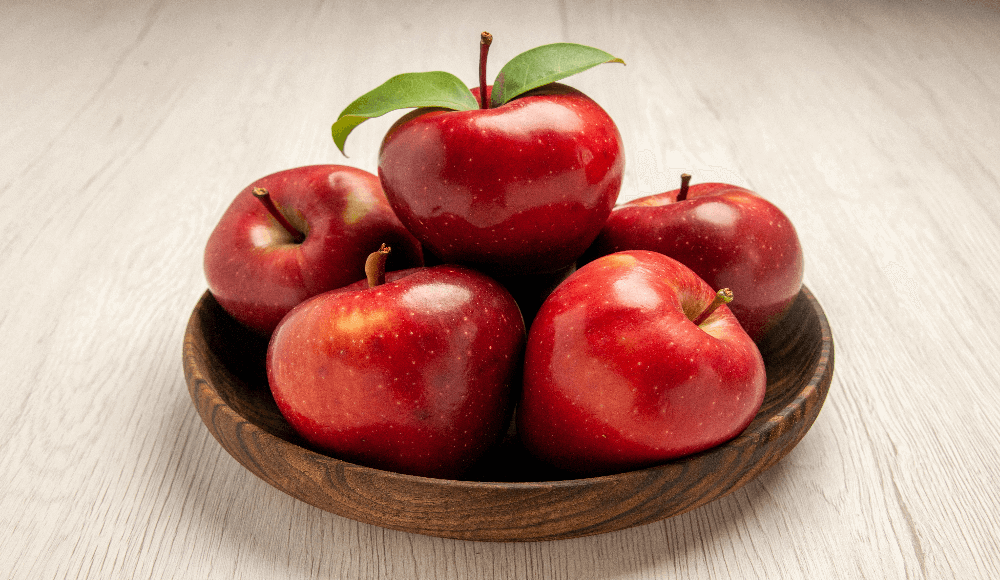
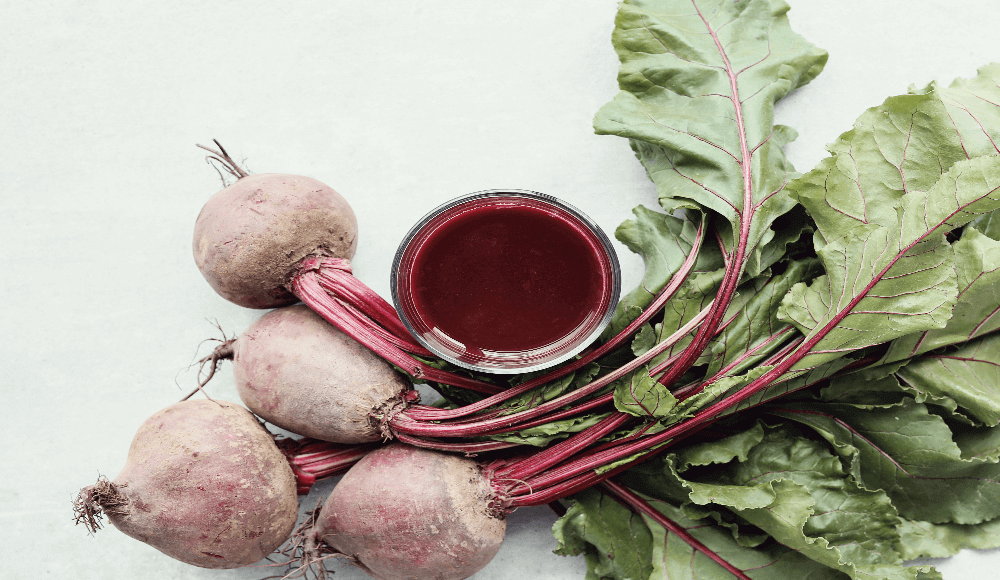
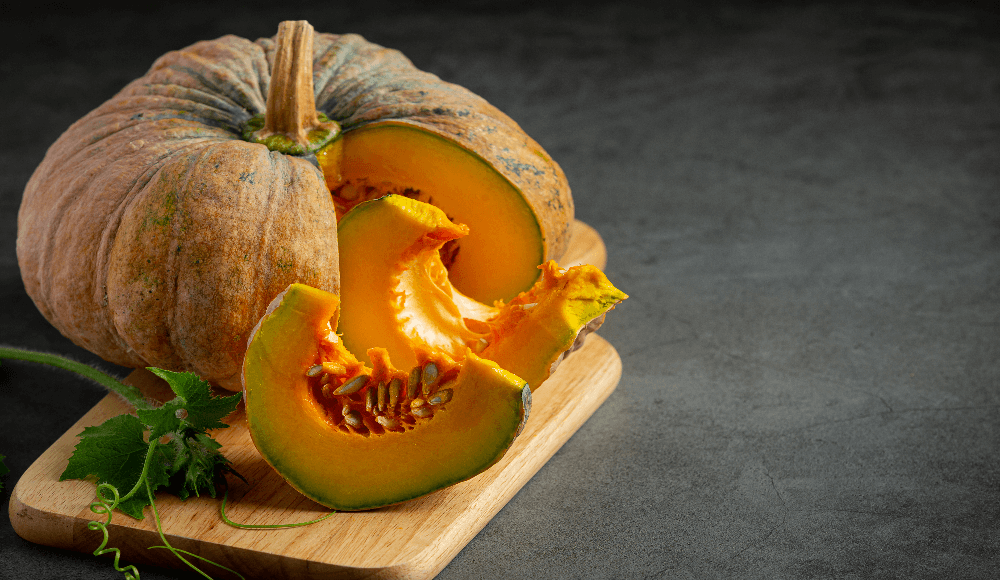
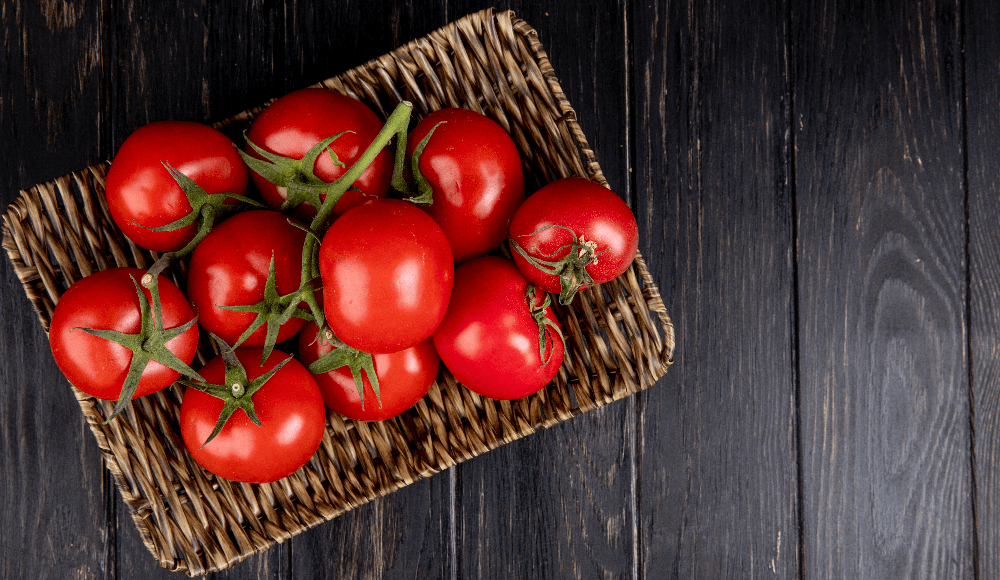
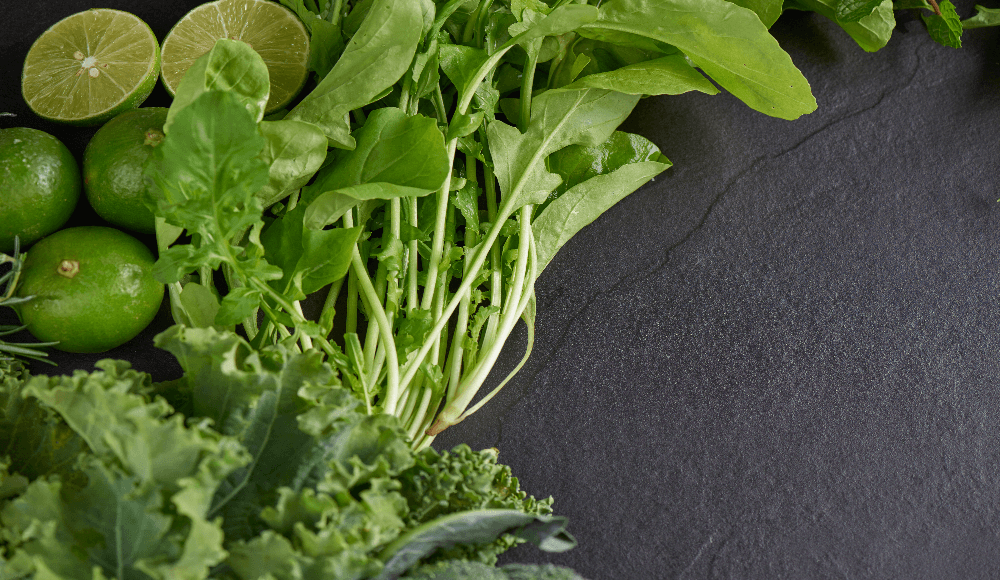
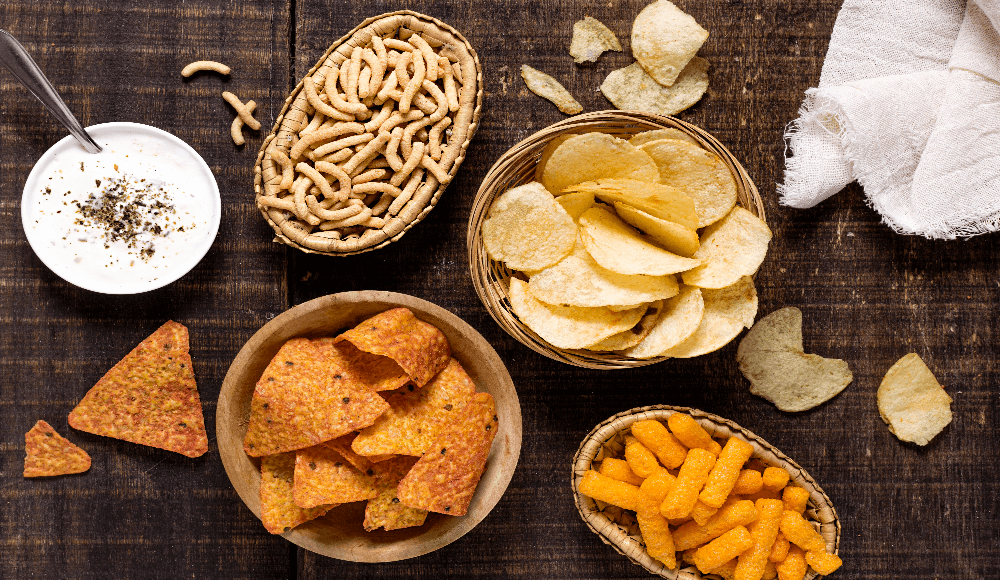
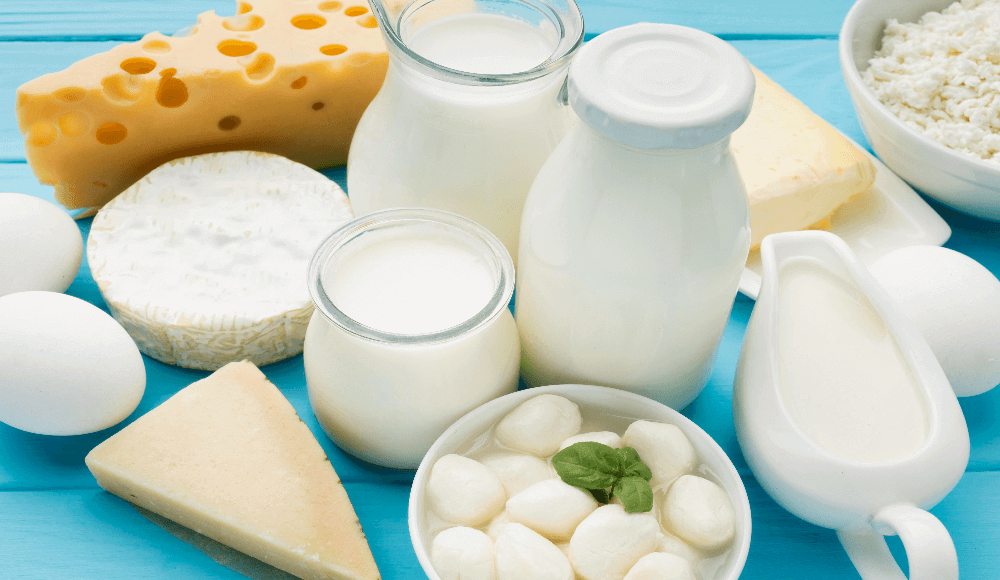

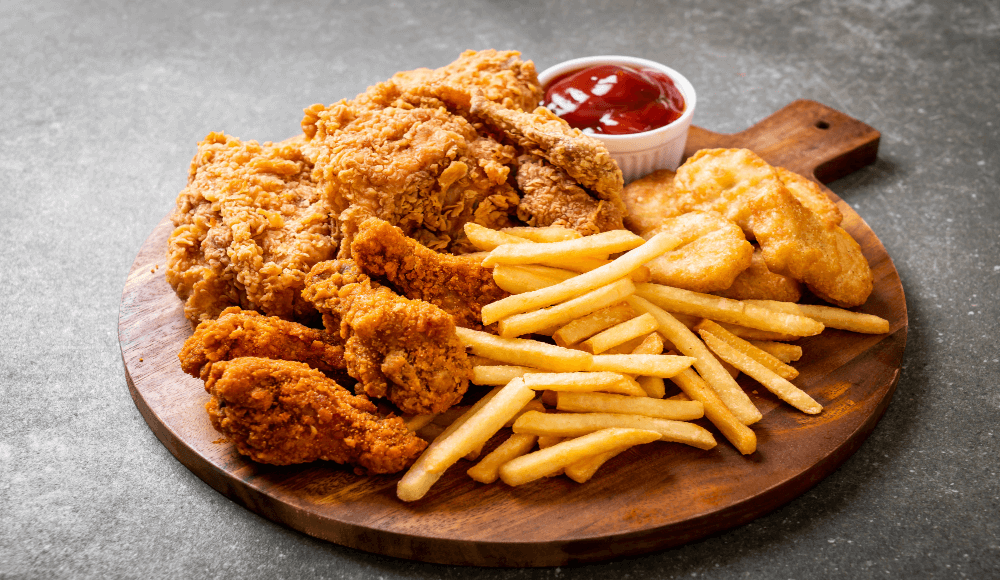
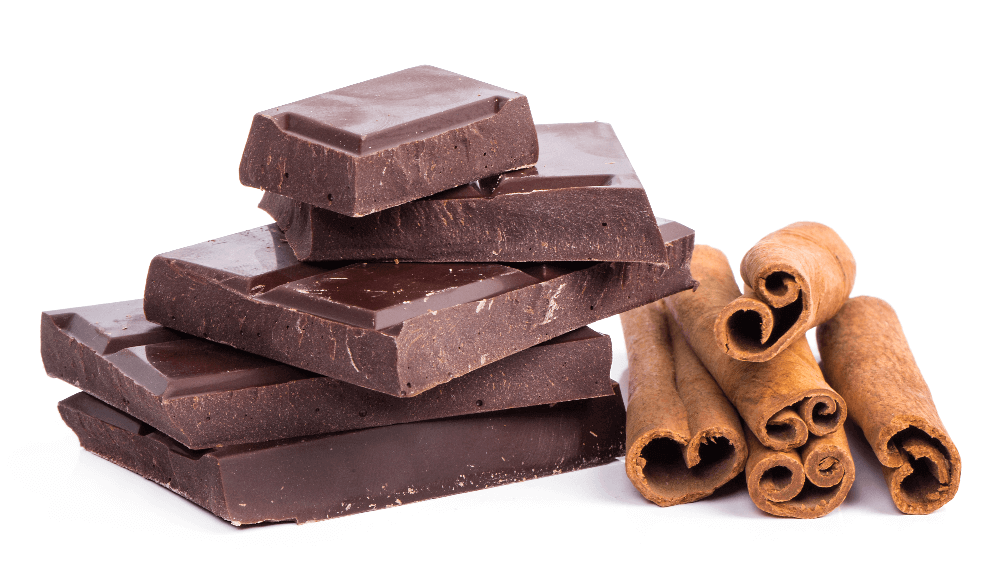


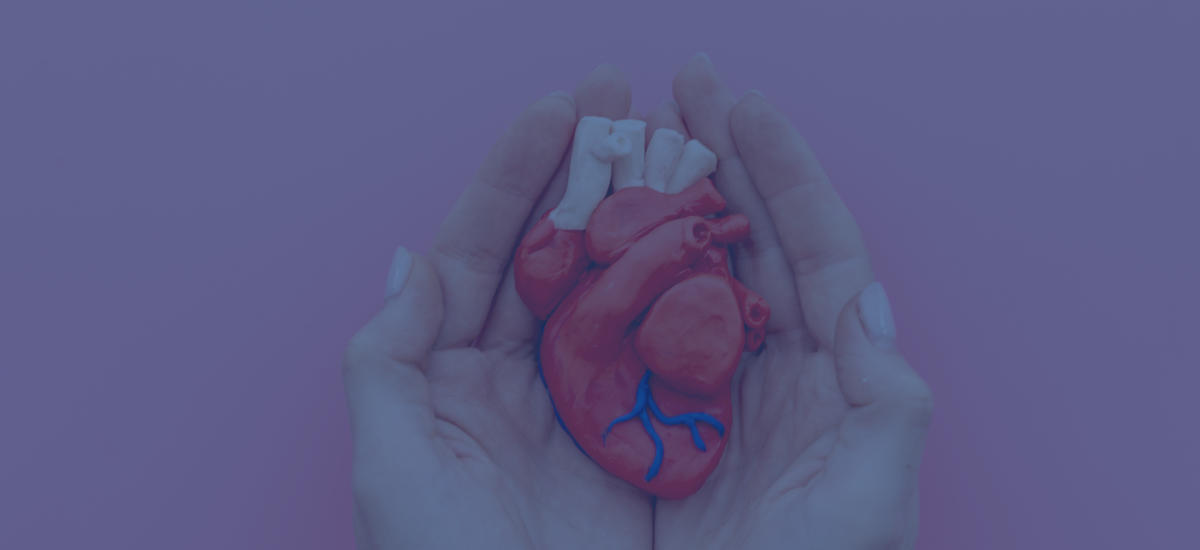
[…] To know more about foods for lung health, read our blog: Foods For Your Lung Health: What to Eat and What to Avoid. […]